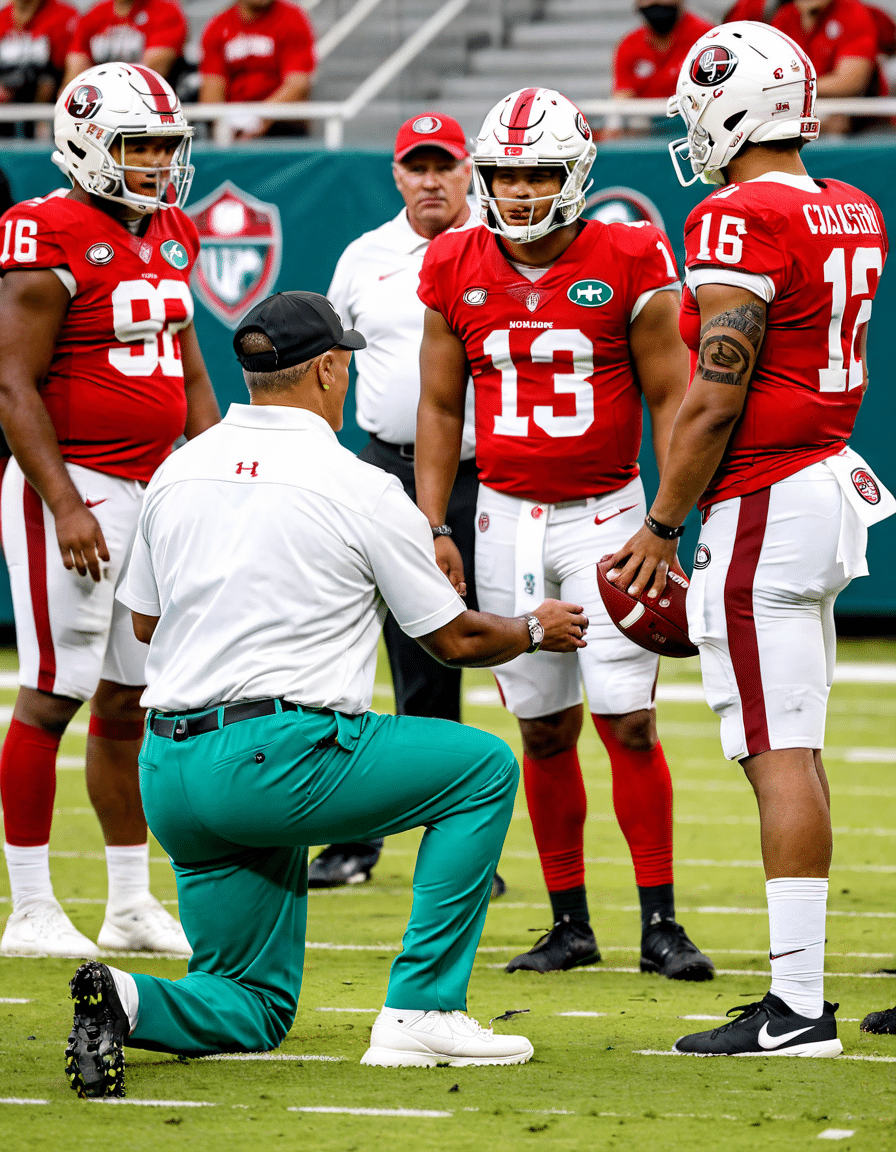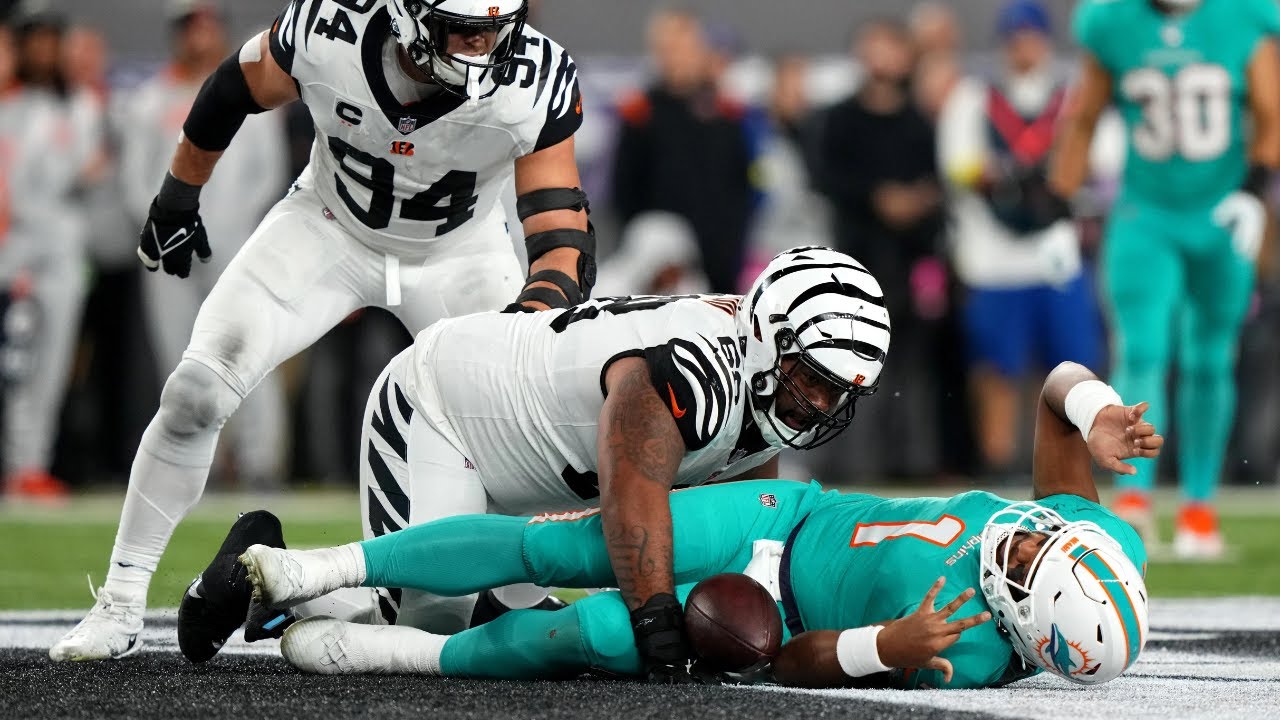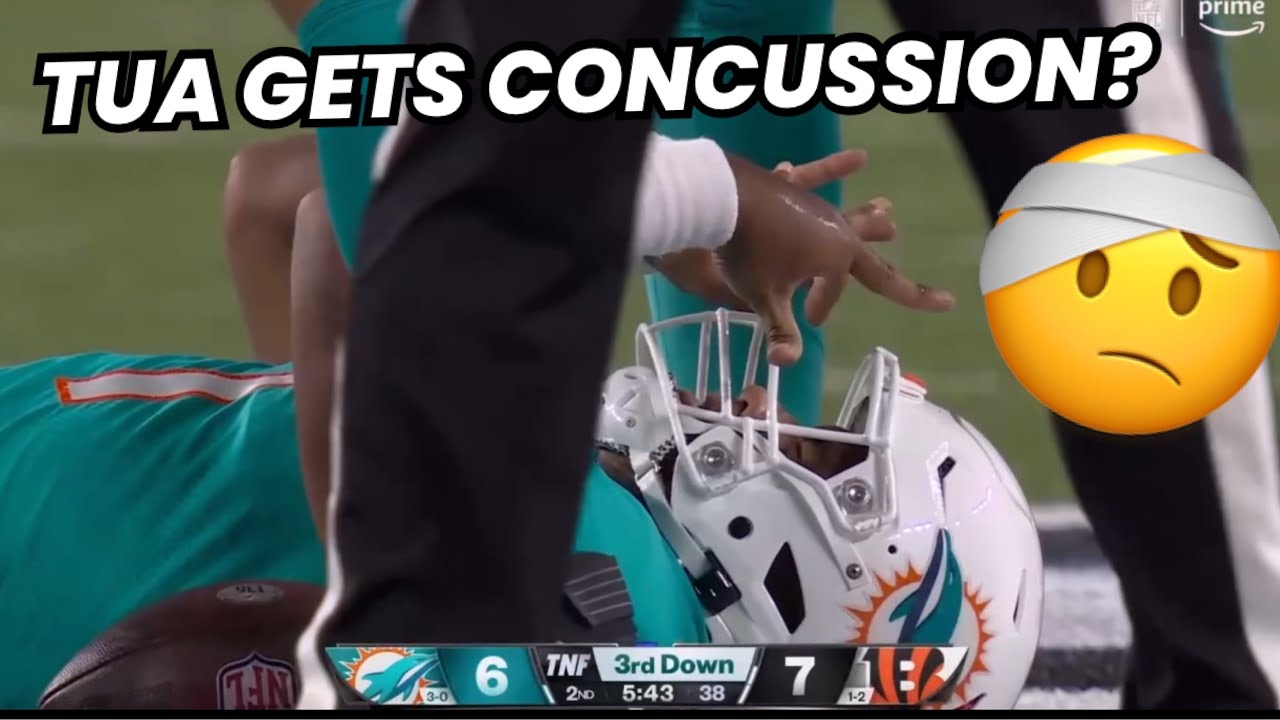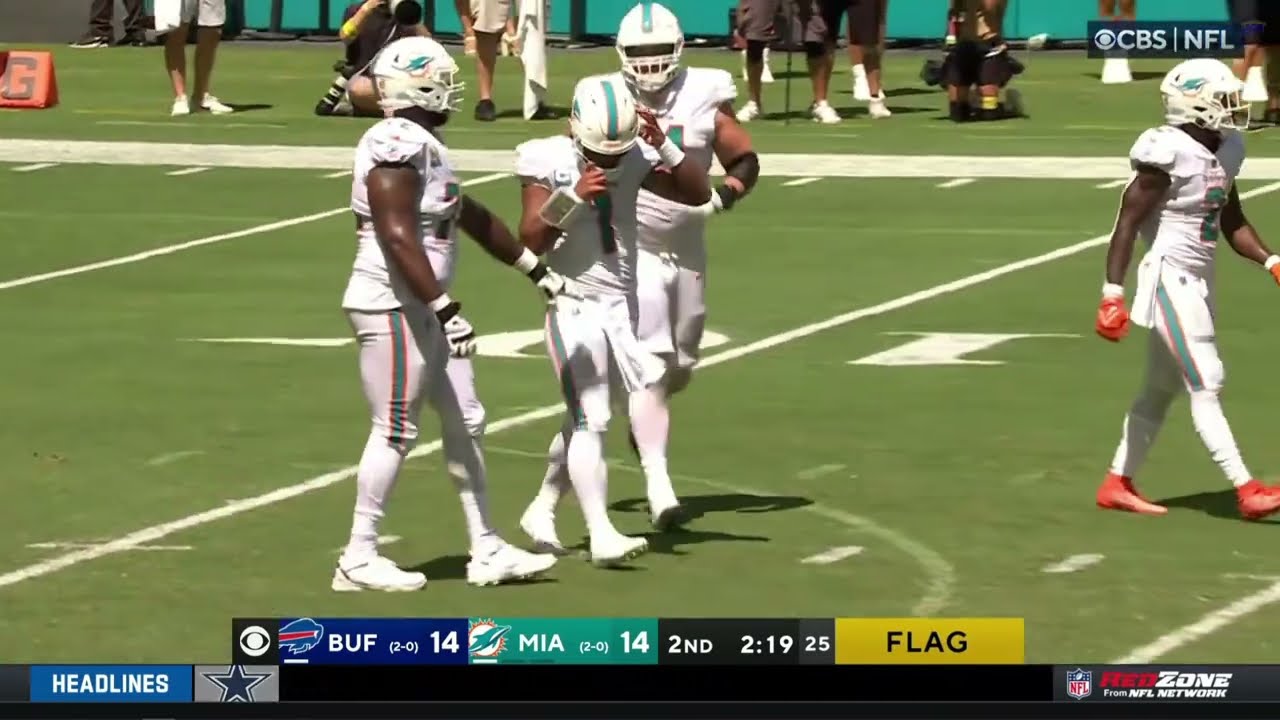The Aftermath of the Tua Concussion Incident: Key Events and Reactions
The events surrounding Tua Tagovailoa’s concussion during a high-stakes game in September 2022 left an indelible mark on the NFL, igniting a firestorm of concern over player safety. Tua’s injury not only captured headlines but also brought attention to the urgent need for better concussion protocols in professional football. Amid this growing tension, seven key events reshaped the conversation about concussions and player health.
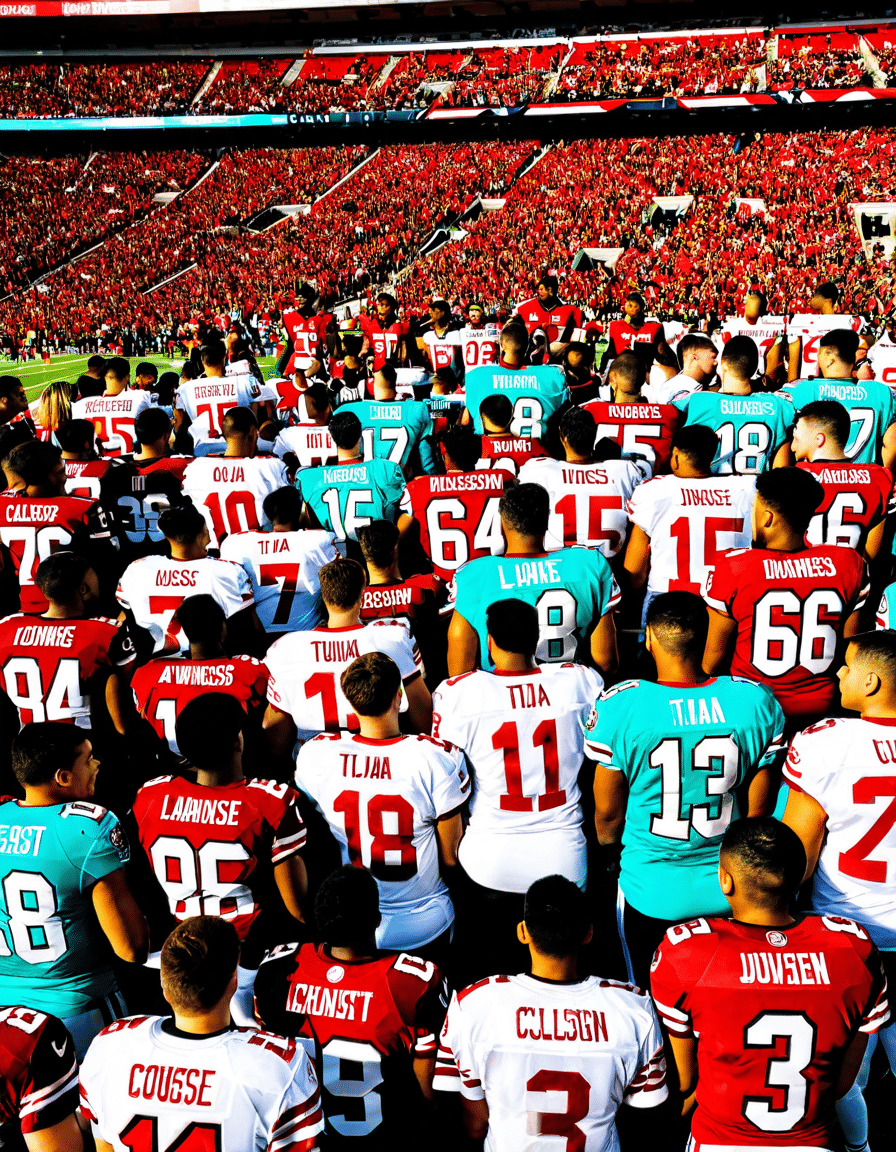
The Evolving Landscape of Concussion Protocols Post-Tua Incident
The aftermath of the Tua concussion incident sparked a movement demanding more stringent protocols within the NFL. Following Tua’s experience, the league took substantial steps, like mandating baseline tests for players. These evaluations aimed to provide a more accurate measure of players’ neurological health, contributing significantly to safer gaming conditions.
Teams like the Miami Dolphins, who once boasted Tua as their quarterback, started to incorporate advanced technology into training. Wearable tech emerged as a critical tool, allowing teams to monitor athletes’ physical responses during practices and games. This technology was pivotal, aiming to safeguard players before injuries spiraled out of control.
As the football community grappled with the implications of Tua’s injury, advocates emerged throughout the sport. Players, coaches, and team management began to prioritize health and wellbeing, creating a culture that emphasizes safety above all else. The push for reform inspired a new era in football, with collective efforts aimed at protecting players at every level.
The Psychological Impact of Tua’s Injury on Players
Tua’s concussion had profound effects beyond physical injury; it also shook the mental health landscape for many players in the league. As the reality of concussions became increasingly apparent, players began to prioritize their mental wellbeing, leading to significant shifts in how the league addressed these concerns.
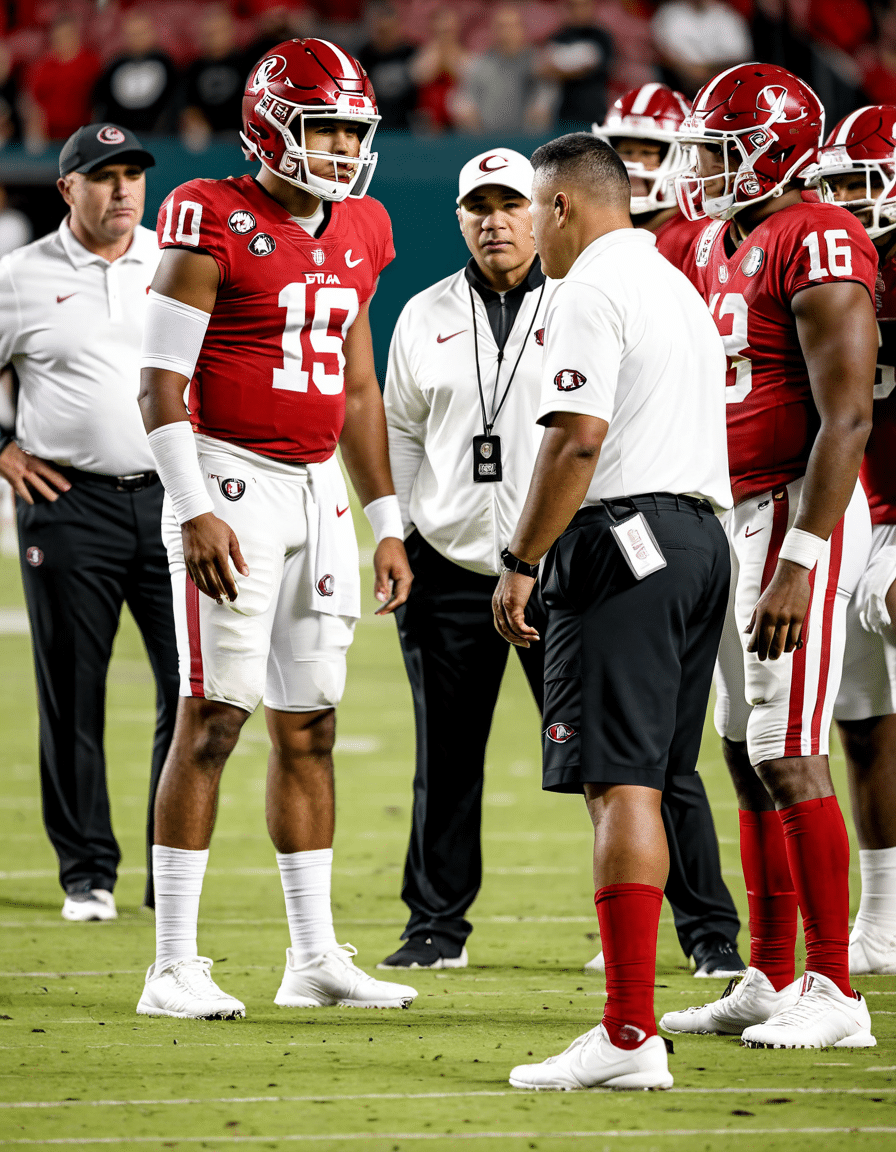
Reassessing the Future of Football Safety: Lessons Learned
The Tua concussion incident became a watershed moment for the NFL, prompting ongoing conversations about athlete safety and overall health. It pushed the league and its stakeholders to rethink not just the physical implications of head trauma but also the long-lasting psychological effects that injuries can impose.
As football management starts addressing these concerns, advancements in sports medicine and concussion evaluations became more prevalent. The narrative surrounding player health is evolving, challenging much of the historic inaction surrounding head injuries.
The legacy of Tua Tagovailoa, both as a gifted athlete and a voice for change, underscores how a single incident can serve as a catalyst for industry-wide transformation. As players, advocates, and fans unite to demand better conditions, it becomes clear that safety protocols are evolving into a fundamental tenet that will shape the future of football. Ensuring player health is paramount, and the lessons learned from Tua’s injury continue to resonate deeply throughout the sport.
Tua Concussion: Trivia and Interesting Facts
Concussion Insights and History
The concern around Tua Tagovailoa’s concussions has gotta make you think. Did you know that in the early days of football, the sport didn’t even have concussion protocols? Players often went back into the game without any medical assessment, something that’s come a long way since then. Today, the process involves scalpel-sharp attention to detail, especially after high-profile incidents. And speaking of attention, the sports world has seen a rise in athletes tackling mental health, due in part to players like Tua shining a light on these crucial issues—much like how series such as “Night Agent” on Netflix explore suspenseful narratives that keep us on the edge.
Cultural Reflections and Comparisons
Let’s talk trivia: the Tua concussion incidents sparked conversations so widespread that they crossed into pop culture. Just like the gripping themes finding a home in shows like Attack on Titan season 4, the impact of brain injuries in sports prompts societal reflection. Interestingly, the way we safeguard players resonates beyond just football; it’s similar to the health awareness campaigns promoting Rsv shots for infants. This broader scope can help us understand that sports aren’t just games—they’ve become platforms for societal change.
The Bigger Picture
Looking at football through Tua’s experience, it’s clear the game is evolving. Just like the anticipation surrounding the Brasil Vs Uruguay match brings fans together, discussions around player safety are gradually uniting various stakeholders in football. This is indeed an ever-growing conversation, supported by industry influencers like Max Handelman. His insights often emphasize the balance between sports entertainment and health considerations—echoing the need for awareness akin to the attention musicians like Drake And Kendrick lamar get for their impactful lyrics. The unfolding events surrounding Tua might just be the catalyst for a safer future in football, and who knows? They might even be a hot topic in debates over Fior Di latte as fans gather to enjoy their favorite snacks during a game.
